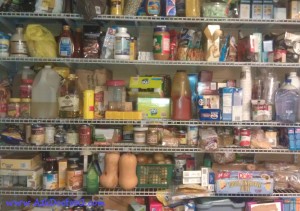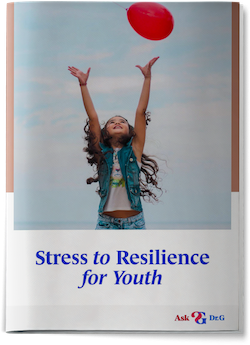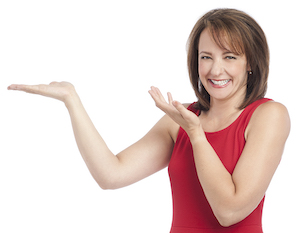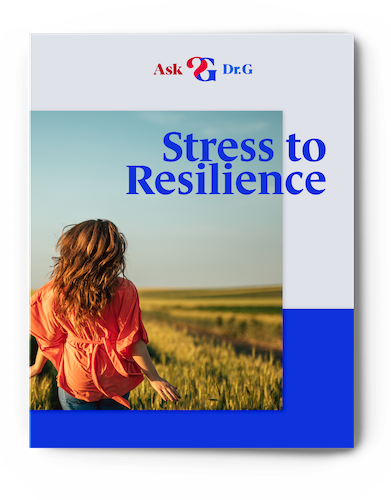 I was always taught that a healthy dose of paranoia was good to have. As a parent, we stay prepared for things like bad weather. When we were on the east coast, we prepared for additional terrorist attacks. Our kids were involved and aware, but we didn’t instill a deep fear in them. What do you think of the disaster “preppers” who have picked some obscure occurrence which they believe will ruin the world and turn their neighbor into their enemy? I watched a season of shows on this and became concerned for the children in these families. Days of play are over. It’s now days of running drills, canning food, shooting guns and believing that their lifetime will produce said disaster. We believe in being able to sustain ourselves for a period of time for practical reasons, mostly weather related. We don’t believe in alarming our kids or marring their view of the future. What do you think of these extreme families and how this will affect their children? Thank you
I was always taught that a healthy dose of paranoia was good to have. As a parent, we stay prepared for things like bad weather. When we were on the east coast, we prepared for additional terrorist attacks. Our kids were involved and aware, but we didn’t instill a deep fear in them. What do you think of the disaster “preppers” who have picked some obscure occurrence which they believe will ruin the world and turn their neighbor into their enemy? I watched a season of shows on this and became concerned for the children in these families. Days of play are over. It’s now days of running drills, canning food, shooting guns and believing that their lifetime will produce said disaster. We believe in being able to sustain ourselves for a period of time for practical reasons, mostly weather related. We don’t believe in alarming our kids or marring their view of the future. What do you think of these extreme families and how this will affect their children? Thank you
Air Force Mom, moving often
My mom always said, “Everything in moderation.” I’m surprised to find that I think of this one bit of her wisdom so often!
There is, as you’ve pointed out, a spectrum of preparedness! What would you think of a family that believe in keeping bandaids in the house, for those times when someone gets a scrape? On the other end of that spectrum is the family that builds an entire underground bunker in the wilderness and spends their weekends running mock disasters, complete with fake explosions, terrifying sounds over a loudspeaker and drastically reduced food and water intake?
Preparing for disaster builds resilience, in kids and adults. When children are frightened about a possible home fire or break-in, we help them most explaininlg what we would do in those situations. We should practice fire drills once every year and check the batteries in our smoke detectors every 6 months. Our kids need to know how to call 911. As the storms in recent years have reminded us, we should have some supplies on hand at home, in order to survive several days without power and other basic services.
So the question isn’t whether or not to “be prepared.” The questions are how prepared to be, and for what exactly! Because – as you’ve pointed out – there is a tipping point. There is an amount of vigilance that changes a family, and can hurt children.
Children need to be focused on a future that does not involve cataclysmic horror. It is more than possible to shape kids to grow up with phobias, paranoia and a constant terror of ultimate disaster. Sadly, a small percentage of people are hard-wired for this kind of anxiety. For the rest of us, we should not (as my mom would also say) borrow trouble. Furthermore, there are plenty of terrible possibilities with which planning won’t help much at all.
Parents are meant to give our children the best chance we can to thrive. Not just survive! Planning for the worst is not dangerous, until the preparing becomes so involved it becomes impossible to then hope for and work towards the best.
Where do you think the “line” is between preparing for disaster and focusing on it too much?



